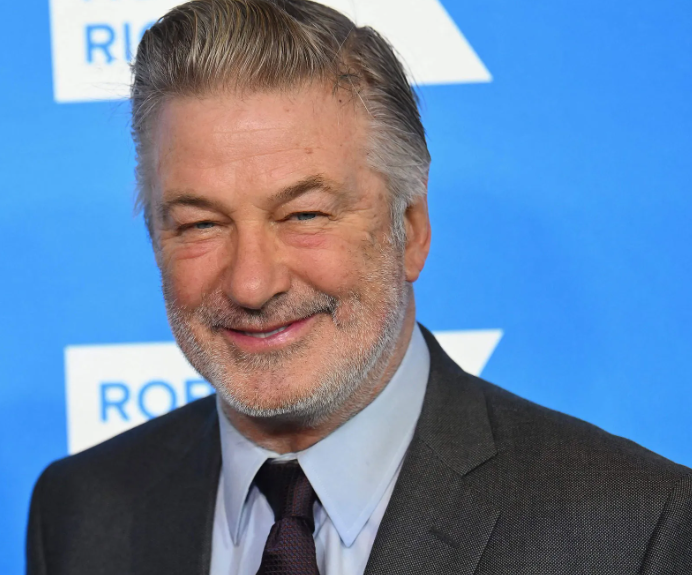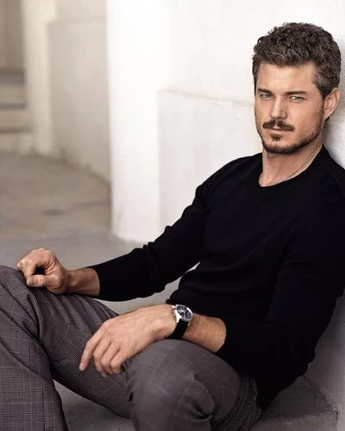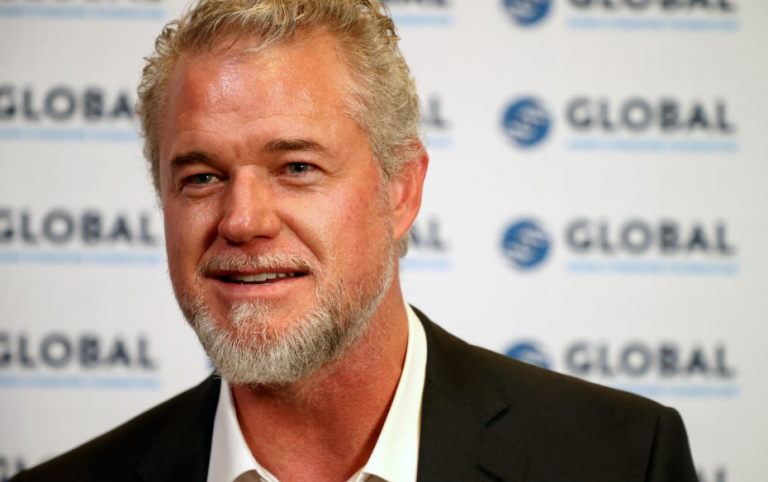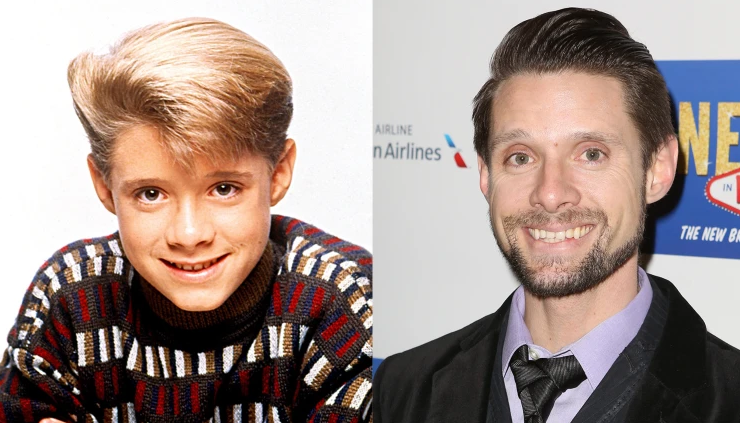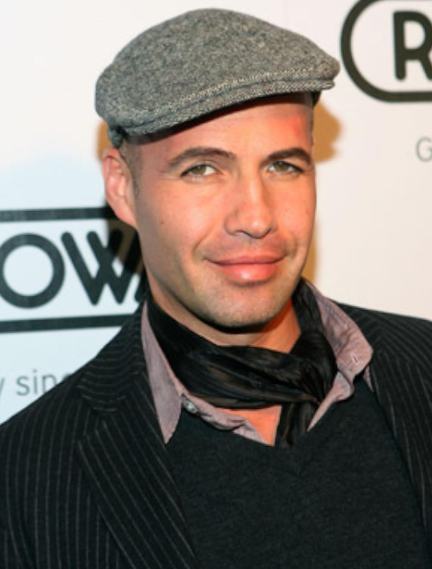Alec Baldwin Breaks Down in Emotional Interview: “I’m Not Okay”
In a February 2025 television special, actor Alec Baldwin opened up about his ongoing battle with mental health. He revealed that he is currently living with post-traumatic stress disorder (PTSD) and worsening symptoms of obsessive-compulsive disorder (OCD). These conditions, he shared, have become more severe in the aftermath of the 2021 Rust shooting, where cinematographer Halyna Hutchins tragically lost her life.
Baldwin described the emotional toll the incident has taken on him. He admitted that the trauma from the shooting has caused him intense psychological distress, which includes recurring flashbacks, sleep disturbances, and severe anxiety. He also shared that the trauma triggered long-standing OCD symptoms that have become increasingly difficult to manage.
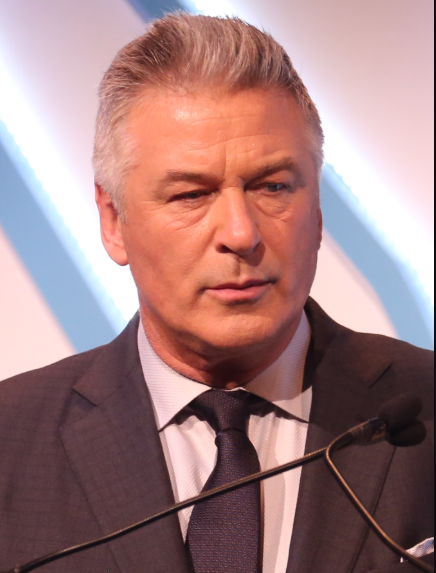
“I’ve experienced suicidal thoughts,” Baldwin confessed during the interview. “There were moments when the emotional pain felt too heavy to carry.” He emphasized that the mental health issues he faces are not simply reactions to a one-time event but are ongoing battles that affect his daily life and personal relationships.
He elaborated on how his OCD manifests in repetitive thoughts and compulsions. These behaviors, according to Baldwin, have significantly disrupted his routines and concentration. He described feeling overwhelmed by intrusive thoughts and feeling the need to engage in rituals or actions to calm his anxiety—often without success.
Despite the difficulty in sharing these personal details, Baldwin explained that he felt compelled to speak out. He said his aim was to shed light on the lasting impact of trauma and to encourage others experiencing similar struggles to seek professional help.
“I want people to know they are not alone,” he said. “Therapy, support from my family, and staying connected to people who understand have helped me survive the worst periods.”
Mental health professionals and advocacy groups responded positively to Baldwin’s statements. Many commended him for speaking honestly about his experience and helping to reduce stigma around PTSD and OCD. Baldwin’s openness, they noted, could encourage others in high-stress or high-profile situations to take their own mental health seriously.
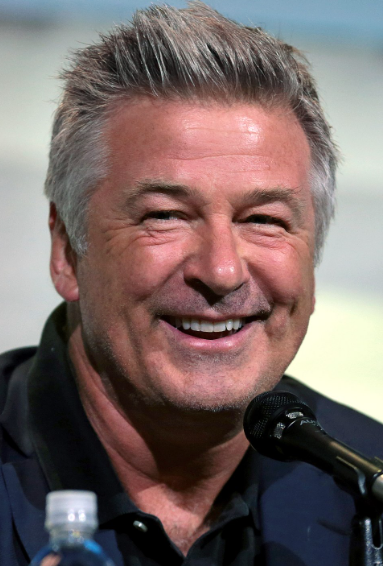
The Rust tragedy remains a sensitive subject. Baldwin still faces legal scrutiny, and public opinion has been divided. However, the actor’s candid discussion of his mental health has shifted some focus toward the human side of the incident and the lasting psychological effects that can follow traumatic experiences.
Baldwin’s story serves as a reminder that emotional recovery often takes time and support. His decision to share his personal pain may help others come to terms with their own. By confronting his mental health struggles publicly, he has taken a step toward healing—and perhaps helped others begin that journey as well.
As conversations around mental health continue to grow in the entertainment industry and beyond, Baldwin’s account stands as a powerful example of how vulnerability can drive awareness, compassion, and ultimately, change.

